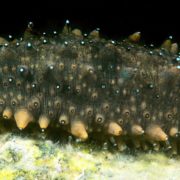
What Humans Can Learn From the Sea Cucumber’s Toxic Arsenal
Sea cucumbers are squishy and soft. They also employ lethal strategies to protect themselves. ..

Sea cucumbers are squishy and soft. They also employ lethal strategies to protect themselves. ..

Neuroscientists uncovered an energy-saving mode in vision-system neurons that works at the cost of being able to see fine-grained details. ..

Thought for decades to be extinct, the tiny animal has stayed hidden in a former subterranean speakeasy. ..
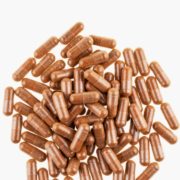
Fecal transplants can fix gut diseases, but finding the right donor stool is tricky. The solution, some scientists believe, is to keep a store of your ..
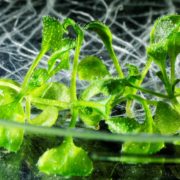
When temperatures rise, plants mysteriously lose their ability to defend against invading pathogens—but there may be a fix. ..

Powering plant growth with solar panels instead of photosynthesis could be a more efficient way of using the Sun’s energy for food. But it’s not all good ..
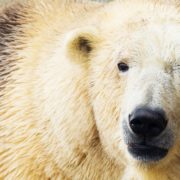
Two new studies use whole genome sequencing to explore how the animals have fared in warmer conditions, raising questions about climate and adaptation. ..

Genomic analysis of ancient remains has shed light on the origins of the black death and offers insights into the coevolution of humans and diseases. ..
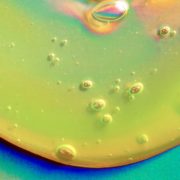
Mucus keeps the microbiome healthy. Now scientists have clues about how it stops good microbes from going bad. ..
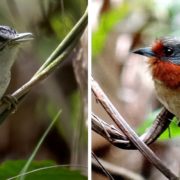
The rainforest's lush genetic diversity may be due in part to the dynamics of branching rivers, which serve as invisible fences between bird populations. ..